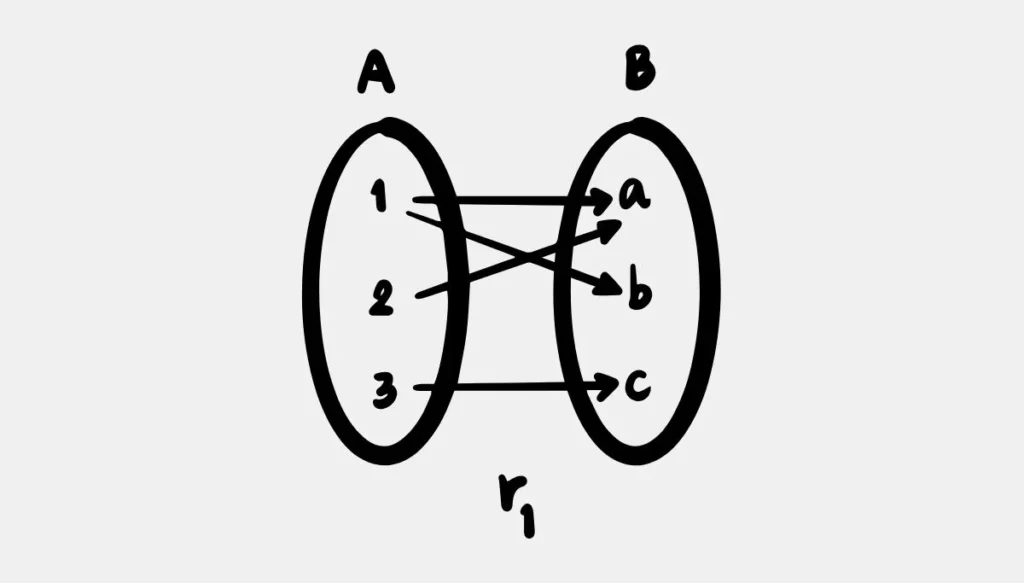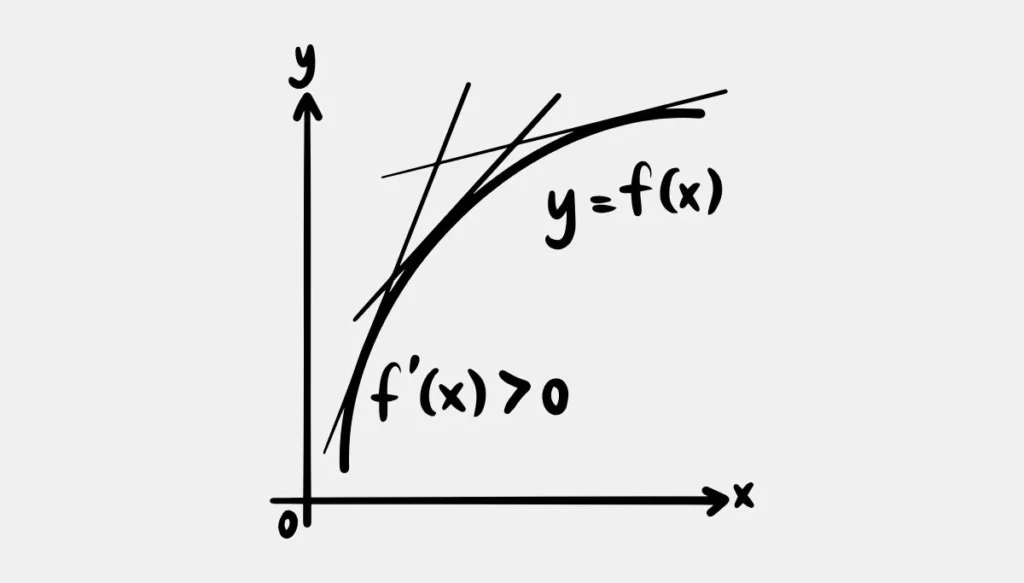Build the Foundations. Understand the Algorithms. Apply the Science.

Introduction to Machine Learning
To understand how machine learning and AI can transform scientific discovery, it’s essential to start with the fundamentals — from a general introduction to core concepts like supervised, unsupervised, and reinforcement learning. Each course is designed to help researchers understand how ML models work, particularly in the context of chemical research and its broader applications.

Intro to Machine Learning

Supervised Learning

Unsupervised Learning
Mathematics for Machine Learning
Mathematics forms the language of machine learning. This section offers intuitive, structured content on the core mathematical tools that underpin ML — from linear algebra and probability to calculus and optimization. These courses are ideal for researchers and students who want to strengthen their theoretical foundation and gain deeper insight into how models truly work.

MathML I: Basic Math for Machine Learning

MathML II: Intermediate Math for Machine Learning

